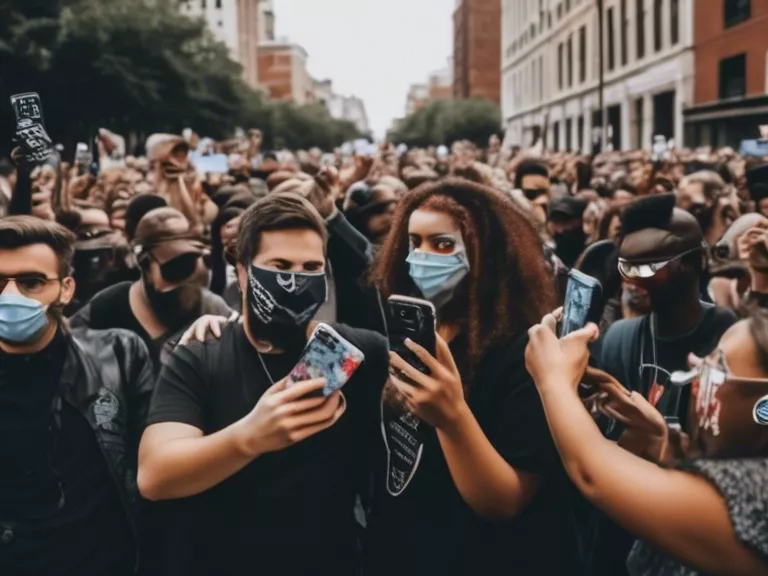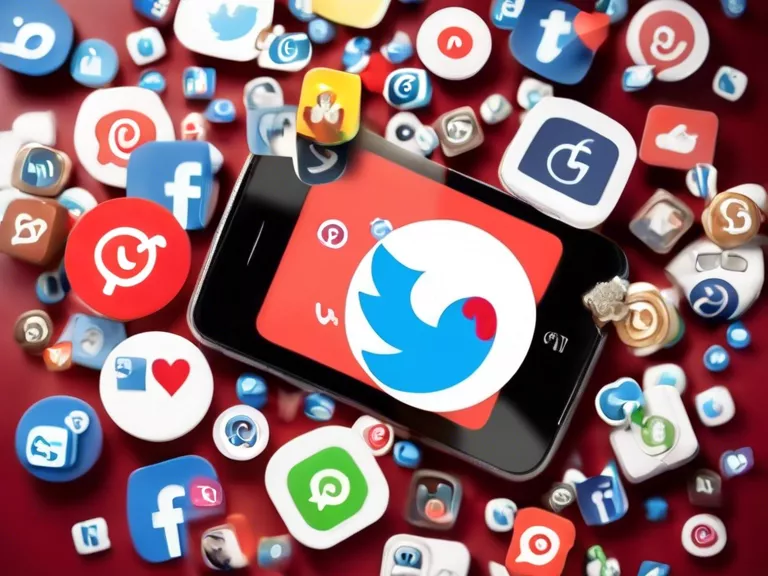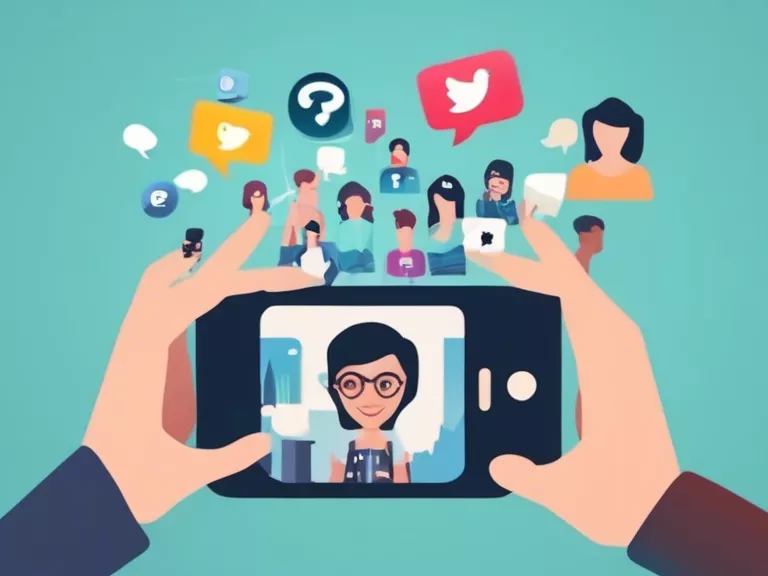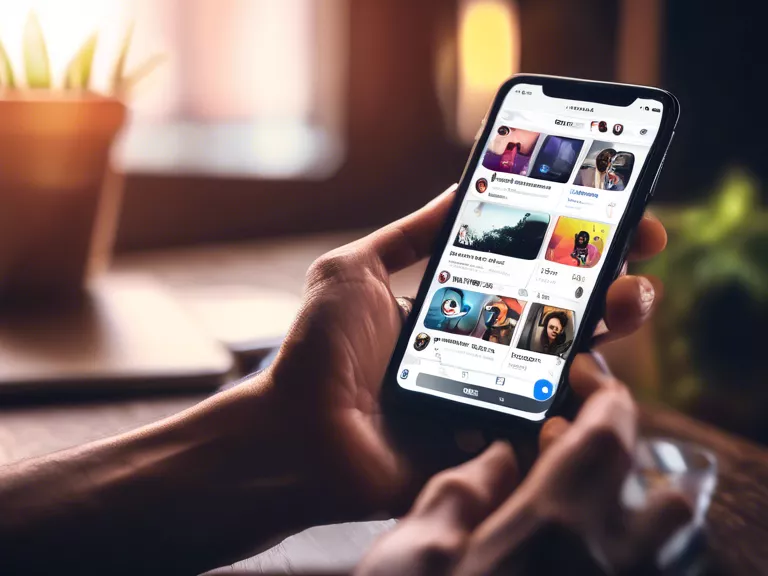
How Social Media is Influencing Political Discourse and Activism
In recent years, social media has become a powerful tool for shaping political discourse and fostering activism around the world. Platforms like Facebook, Twitter, Instagram, and TikTok have provided individuals with the ability to connect, share information, and mobilize for causes they believe in. This digital age has revolutionized the way we engage with politics, allowing for real-time updates, citizen journalism, and unprecedented levels of engagement.
One of the key ways that social media is influencing political discourse is through the dissemination of information. News spreads rapidly on platforms like Twitter, where trending topics and hashtags can quickly garner attention and spark discussions. This has led to a democratization of information, allowing individuals to access a wide range of perspectives and challenge traditional media narratives.
Furthermore, social media has become a launching pad for activism and social movements. The #BlackLivesMatter movement, for example, gained traction and widespread support through social media campaigns and online organizing. Activists are able to reach a global audience, mobilize supporters, and coordinate actions – all with the click of a button.
However, social media's influence on political discourse is not without its challenges. The spread of misinformation, echo chambers, and filter bubbles can hinder constructive dialogue and polarize public opinion. Algorithms that prioritize engagement over accuracy can amplify extremist voices and sow division within communities.
As we navigate this new digital landscape, it is essential to critically evaluate the role of social media in shaping political discourse and activism. By promoting media literacy, fact-checking information, and engaging in respectful discussions, we can harness the power of social media for positive change and civic engagement.



